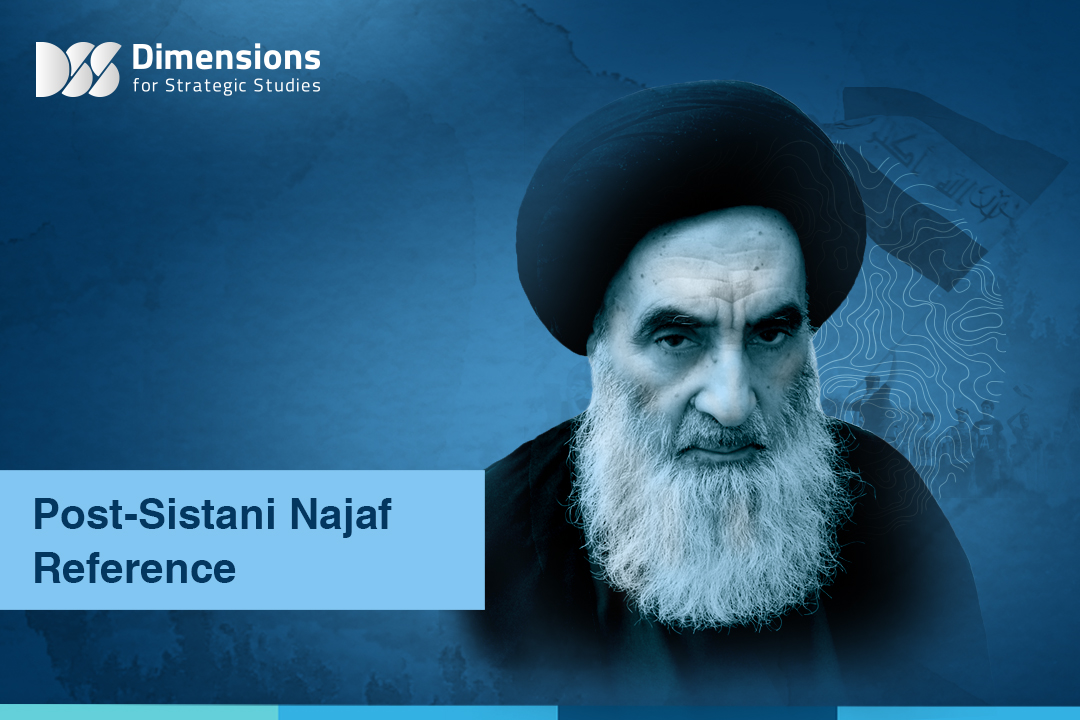
Post-Sistani Najaf Reference
2022-05-144791 view
Fiqh (jurisprudence) and political factors overlap in defining the relationship between Iran and Iraq, especially between the Iranian leadership, which follows the principle of the "mandate of the jurist" (wilayat alfaqeeh), and the Reference of Najaf, which follows the principle of the special "mandate of jurists" and non-interference in political affairs, as it differs from the Reference of Qom in many doctrinal principles. However, the factors affecting this relationship go beyond the differences of jurisprudence and politics, to enter an important juncture in light of the talk about the post-Shia Supreme Reference Ayatollah Ali Sistani.
Al-Sistani is one of the most prominent influential figures in Iraqi political affairs. Through his influential role, he has created a clear distance between the Reference of Najaf and Iran. Through his repeated call for the constitutional state, state sovereignty and democratic elections, along with his clear position on the theory of the absolute jurist state, he has been able to establish an influential position in Iraq and curb Tehran's efforts to achieve greater control over the country.
Tehran; however, seeks through many scenarios to extend its control over the Najaf Referentiality, thus controlling the world's Shia jurisprudence, through Qom and Najaf. Although Iran has tried during the past period to prepare many names and References for the succession of Sistani, up to this moment, there is no clear name on which Tehran can bet on for the coming phase. This is due to the interference of many internal and external variables affecting the selection process of the next Reference.
There is no doubt that the post-Sistani phase will witness a great vacuum not only at the level of the Reference of Najaf, but also at the level of the general situation in Iraq; because of the influential role played by this Reference; especially when there is no clear mechanism for his succession, nor a consensus on the personality that can succeed him. Iran, specifically Khamenei, will be the most influential party in the process of organizing the Sistani successor, supporting a sympathetic candidate or at least one who does not criticize or stand in the way of Iranian behavior in Iraq and the region, as this is important at the level of Iranian influence, or even at the level of the future of the armed factions loyal to Tehran, which will be the biggest winner of any vacuum that arises in Najaf, and the coming of a high Reference close to it.
Read more on the folowing link: Post-Sistani Najaf Reference





